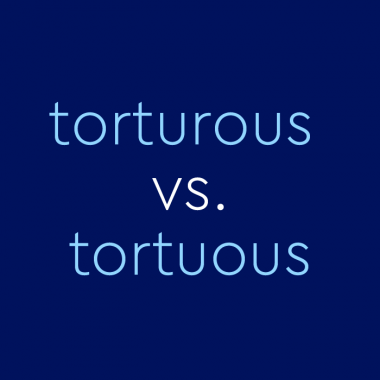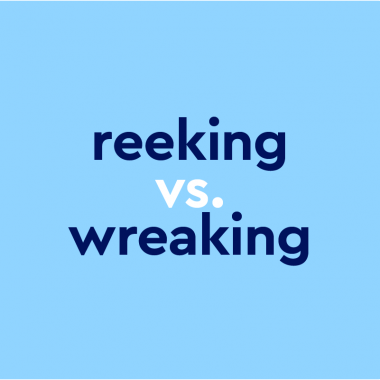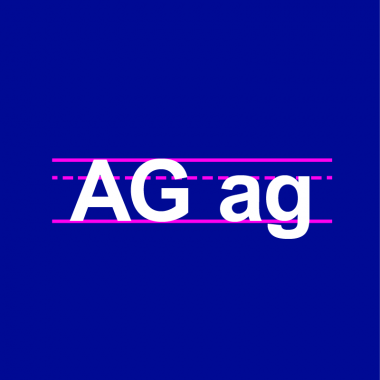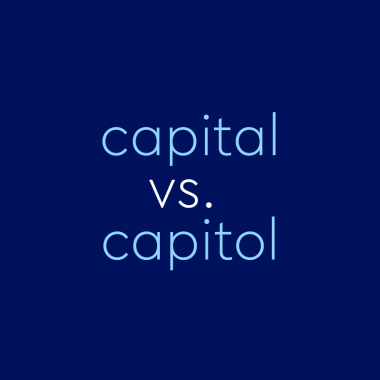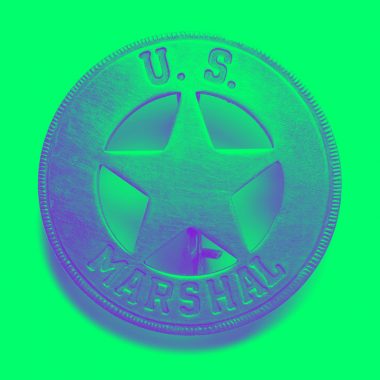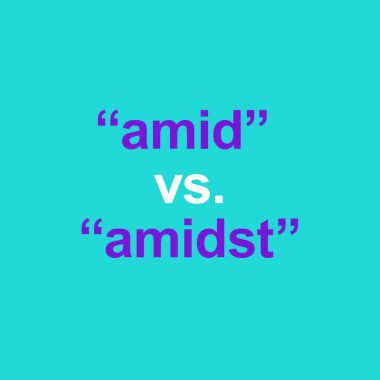“Torturous” vs. “Tortuous”: What Is The Difference?
Separated by just one pesky letter, these two similar-sounding adjectives can be torturous to keep straight. Or is it tortuous? Let’s take a look at the definitions and applications of each. What does tortuous mean? Both torturous and tortuous come from the Latin verb torquēre meaning “to twist.” This derivation is easy to detect in the meaning of tortuous, defined as “full of twists, turns, or bends.” …
